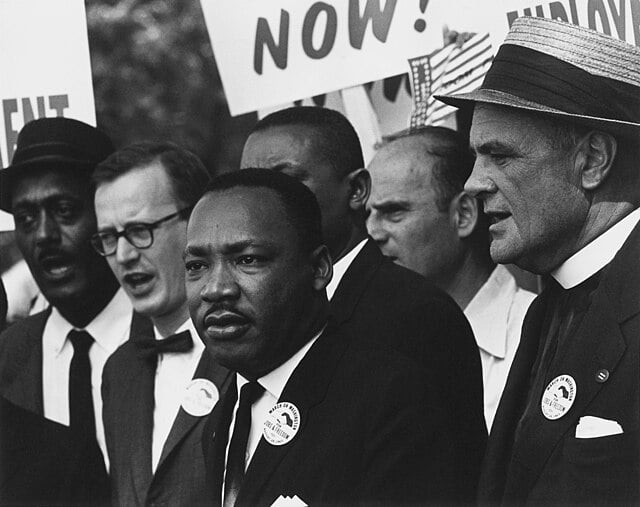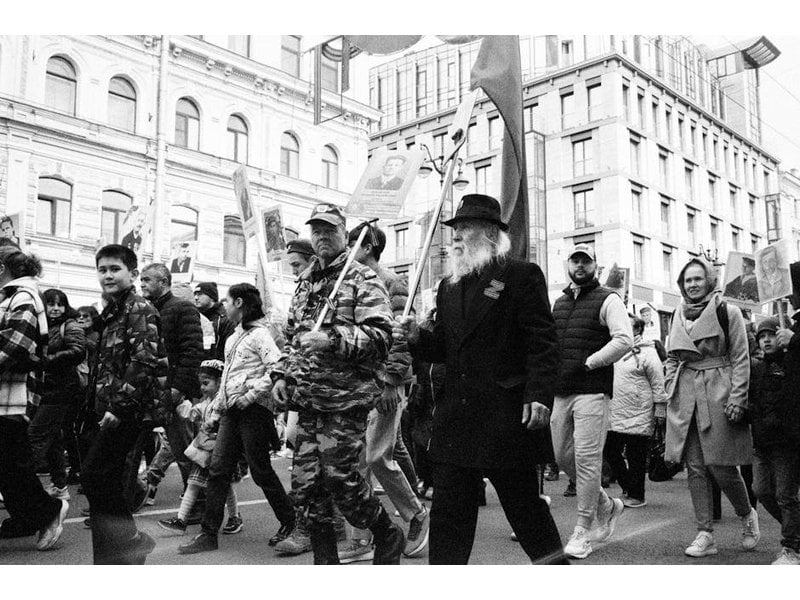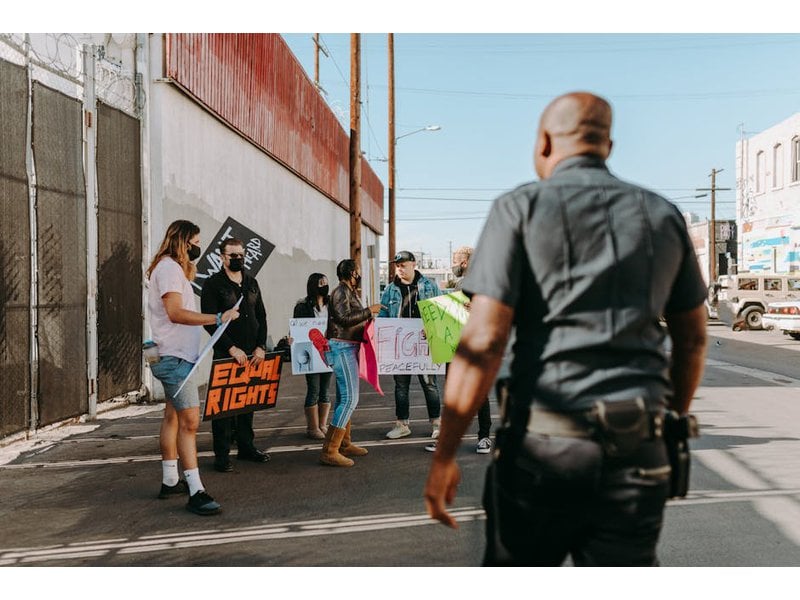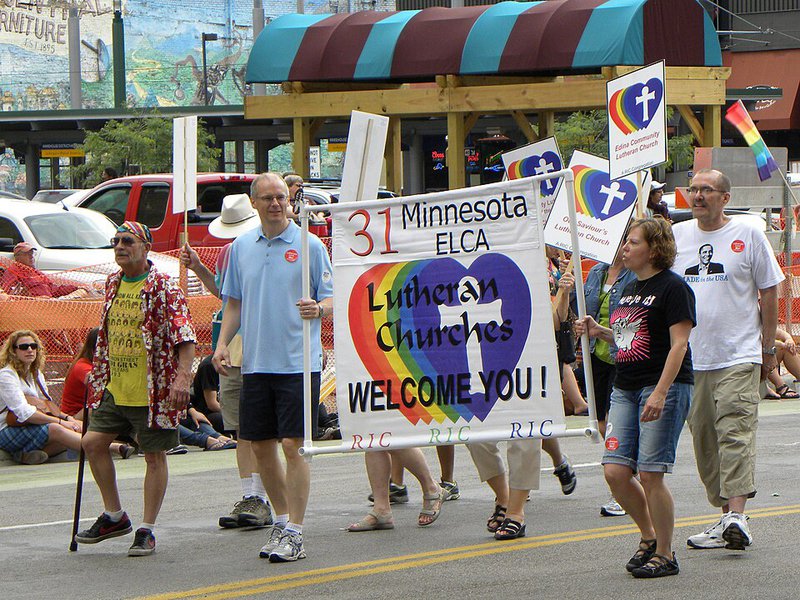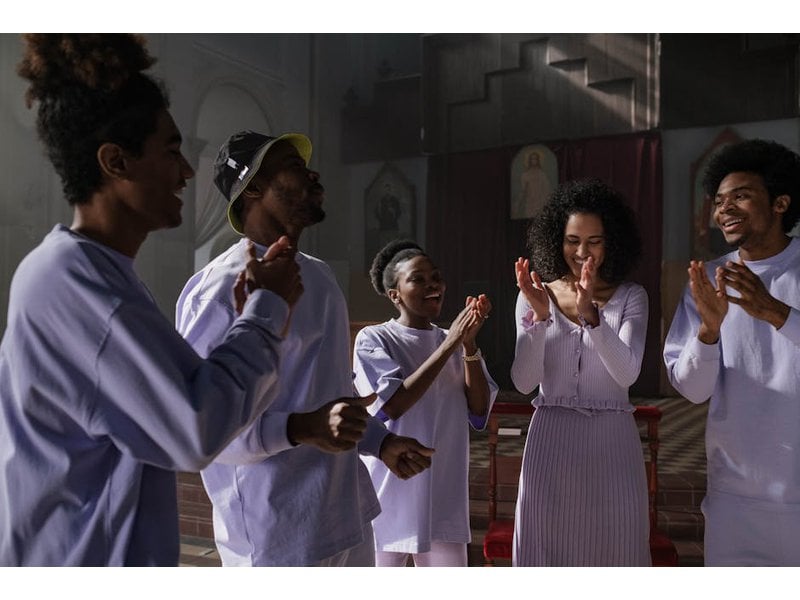054 turning ones back

"Silent disapproval may be emphasized by turning one’s back (whether standing or sitting) to the person or persons who are or represent the opponent. For example, in his proclamation of a day of fasting and prayer in 1771 Governor Hutchinson of Massachusetts Bay had included a call for thanks for the “Continuance of our Privileges,” the radicals took this as an open insult because of the implication of support for British policies. The proclamation was to be read in the churches, but, Philip Davidson writes, “Dr. Pemberton alone of the Boston pastors read the proclamation—and he did so simply because the Governor was a member of his congregation—and he did so with evident embarrassment, for many of the members turned their backs or left the building.”"...
High scoring campaigns using this method
Historical cases from the Nonviolent Action Database that used this method
Gallaudet University students protest for a deaf university president (Deaf President Now), 1988
When Dr. Jerry Lee, the sixth president of Gallaudet University in Washington, D.C. announced his plans to step down from the position on August 24, 1987, the Board of Trustees at the University quickly arranged a Presidential Search Committee that w...
Civil Rights activists campaign against de facto segregation in Milwaukee schools, 1964-1966
In 1963, nearly ten years after the Brown vs. Board of Education court case declared school segregation illegal, de facto rather than legal segregation remained prevalent in many northern cities of the United States including Milwaukee. Milwaukee had...
Low scoring campaigns using this method
Historical cases from the Nonviolent Action Database that used this method
